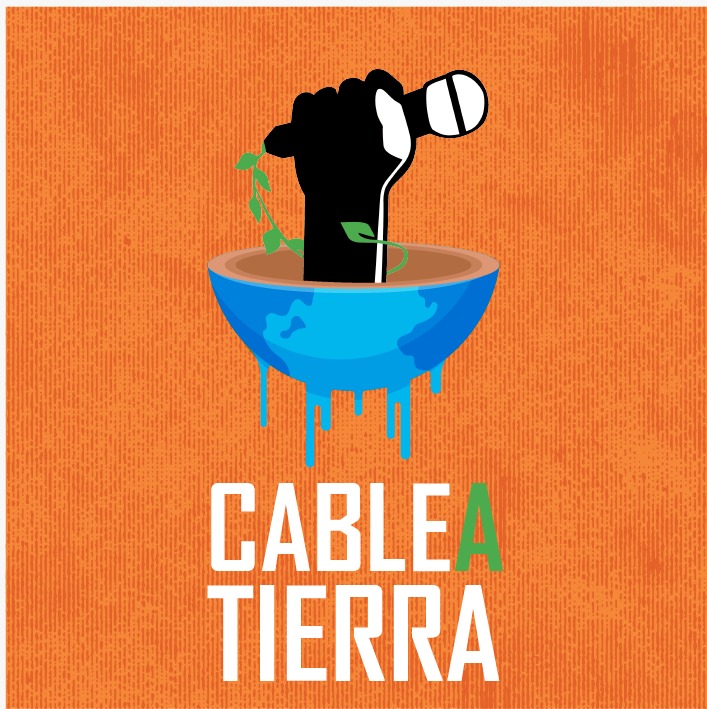

Dialogues for the climate
Conversations with children and adolescents about climate change and the future of the planet.
Climate change has become part of our daily conversations. A few years ago they gained momentum, from the emergence of the environmental youth movement, and reached the tables of many families in the country and the region.
Future generations are always on the scene of stories related to the climate crisis, by the media, decision makers and society in general: Young people are the protagonists of climate change.
Children and adolescents are mentioned as the main victims, the main transformers and those who have the strength and power to reverse the climate crisis. But we rarely stop to listen to what they have to say about it.
Are we willing to listen to them?
This cycle of conversations in audiovisual format aims to learn about the opinions, needs and challenges of 8 girls and boys between 10 and 17 years old who live in different provinces of the country, in different contexts and with different knowledge about the climate crisis.
Nereo, Bianca, Ema, Joaquín, Lola, Elena, Irina and Lara were born in different cities in the country, in different socio-economic contexts and with different opportunities and tools to face the consequences of climate change. However, they share similar concerns, and identify the urgent need for action, to address this crisis as a shared and global responsibility.
What do you think about caring for the planet? How does climate change affect your daily lives? How do you feel about your future?
This project has the support of UNICEF Argentina. For more information about UNICEF and its work for children, visit www.unicef.org.ar.
